Editor's Choice

Jeju Island in South Korea will launch NFT cards for tourists in 2025, offering discounts, subsidies, and privileges with integration into the Tamna Jeon cryptocurrency to support the region's economy 🏝️
Jeju Island in South Korea will launch NFT cards for tourists in 2025, offering discounts and bonuses. The project is aimed at younger generations and will be integrated with the local cryptocurrency Tamna Jeon, which supports the region's economy. The cards will provide subsidies for trips, discounts on attractions, and other privileges. The pilot program will begin for local tourists in 2025, and full implementation is expected later.
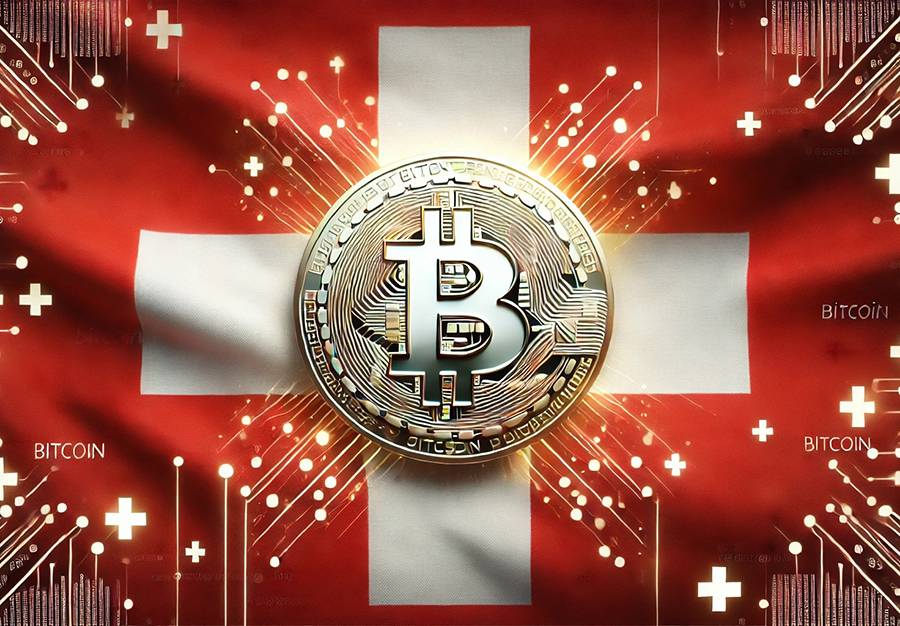
A bill has been proposed in Switzerland requiring the Swiss National Bank to hold part of its reserves in Bitcoin and gold, the initiative calls for the collection of 100,000 signatures ✍️
A bill has been proposed in Switzerland requiring the Swiss National Bank (SNB) to hold part of its reserves in Bitcoin and gold. The initiative was put forward by a group of 10 people, including cryptocurrency supporters. In order for the bill to be put to a referendum, 100,000 signatures must be collected within 18 months. Previously, SNB had expressed doubts about cryptocurrencies such as Bitcoin and Ethereum.

WPME Technology (WadzPay) has obtained a license from the Dubai Virtual Assets Regulator (VARA) for broker-dealer services for virtual assets with mandatory localization requirements 💼
On April 30, 2024, WPME Technology (a subsidiary of WadzPay) received a license from the Dubai Virtual Assets Regulator (VARA) to provide broker-dealer services. The license will come into effect once all conditions and requirements set by VARA are fulfilled. WadzPay intends to implement innovative blockchain solutions in the Middle East, ensuring compliance with all regulatory standards and contributing to the development of financial technologies in the region.
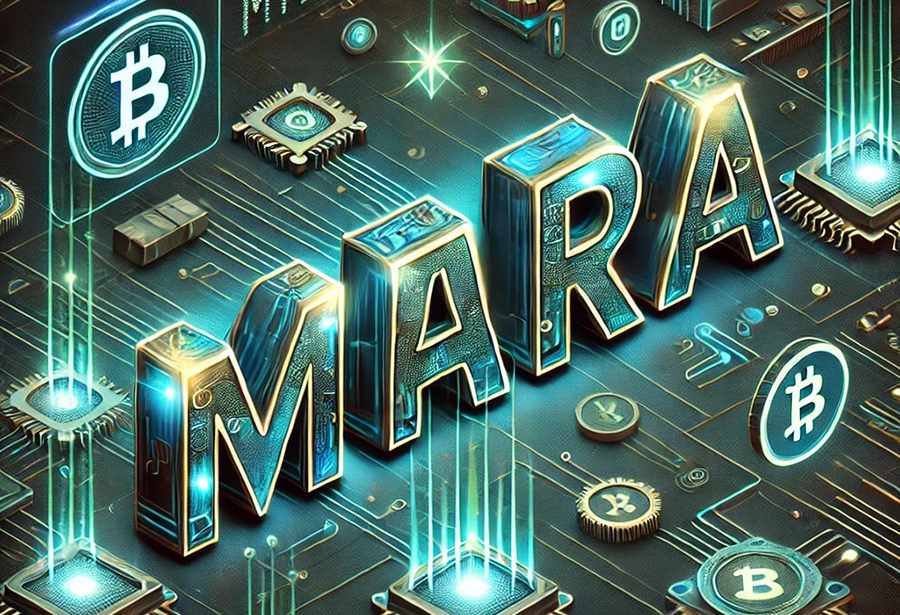
In 2024, MARA rented out 7,377 BTC, increased its reserves to 44,893 BTC, and achieved a hash rate of 53.2 EH/s, providing additional income to cover operational expenses 💰
MARA, formerly Marathon Digital, rented out 7,377 BTC to third parties in 2024 to cover operational expenses for Bitcoin mining. The program focuses on short-term deals with trusted partners and generates a small income. Last year, MARA acquired 22,065 BTC at an average price of $87,205 and mined 9,457 BTC, increasing its reserves to 44,893 BTC. In addition, the company achieved a hash rate of 53.2 EH/s and raised $1.9 billion through two convertible loans.

South Korea is considering launching crypto-exchange-traded funds (ETFs), which could substantially alter the country's financial situation and affect global cryptocurrency markets 🌍
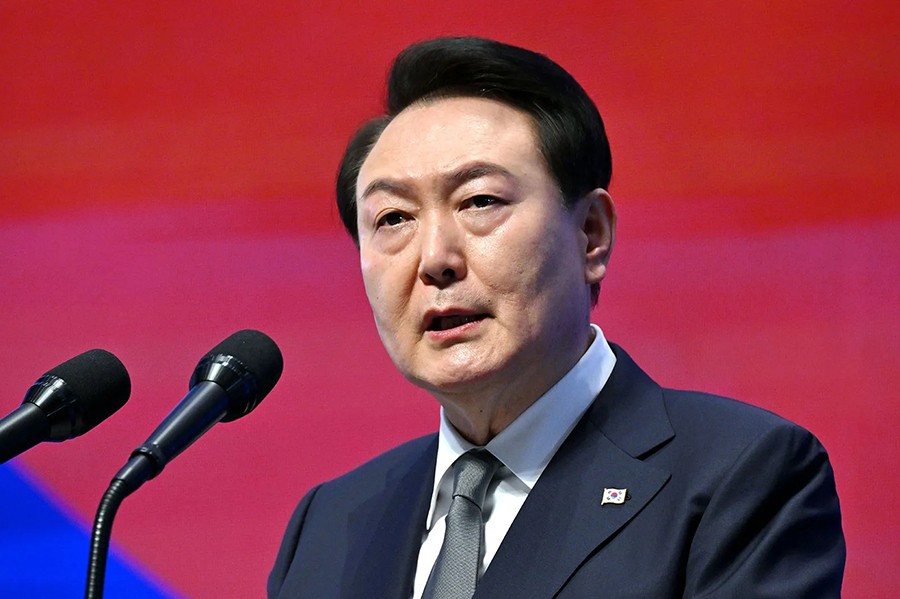
A South Korean court issued an arrest warrant for President Yoon Suk-Yeol over the martial law he attempted to impose in December, accusing him of a coup and ignoring subpoenas from investigators ⚖️
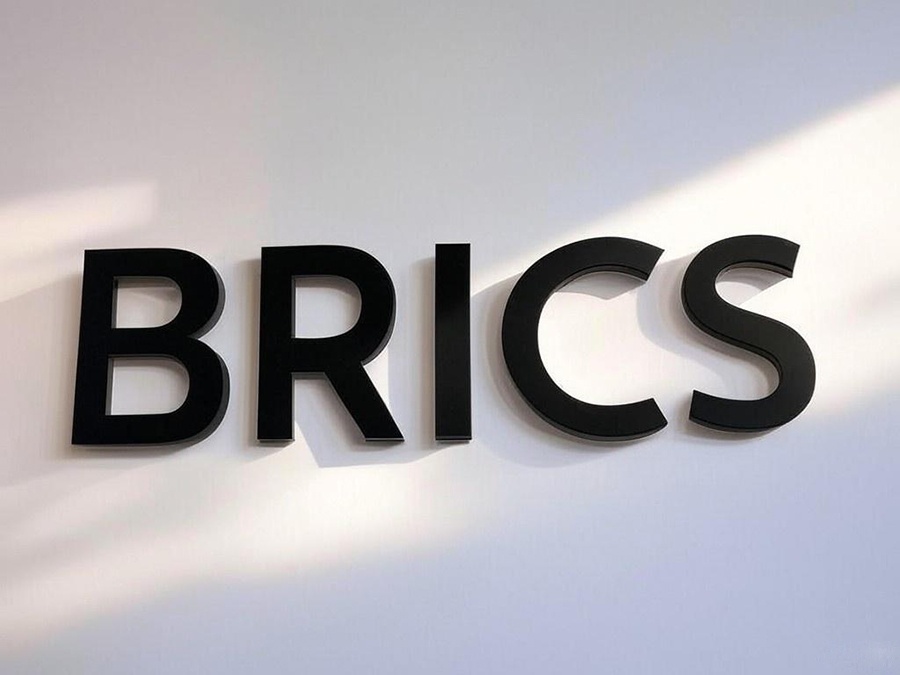
Russia attempted to expand BRICS by inviting Saudi Arabia and Turkey, but both countries rejected the offer, fearing consequences for their relations with the USA and strategic independence ❌

Facebook may face an increase in the number of accounts created by artificial intelligence, which will function like regular profiles with biographies and photos, generating content using AI 🤖

In Chechnya, illegal cryptocurrency mining will be equated with terrorism, and violators will be punished for power outages in districts and cities, said Adam Delimkhanov ⚡

The Superchain Eco X account was hacked: a phishing link "Optimism x Base Airdrop" was posted, added to the Scam Sniffer blacklist, the tweet deleted, no official statement from the Superchain Eco team ⚠️
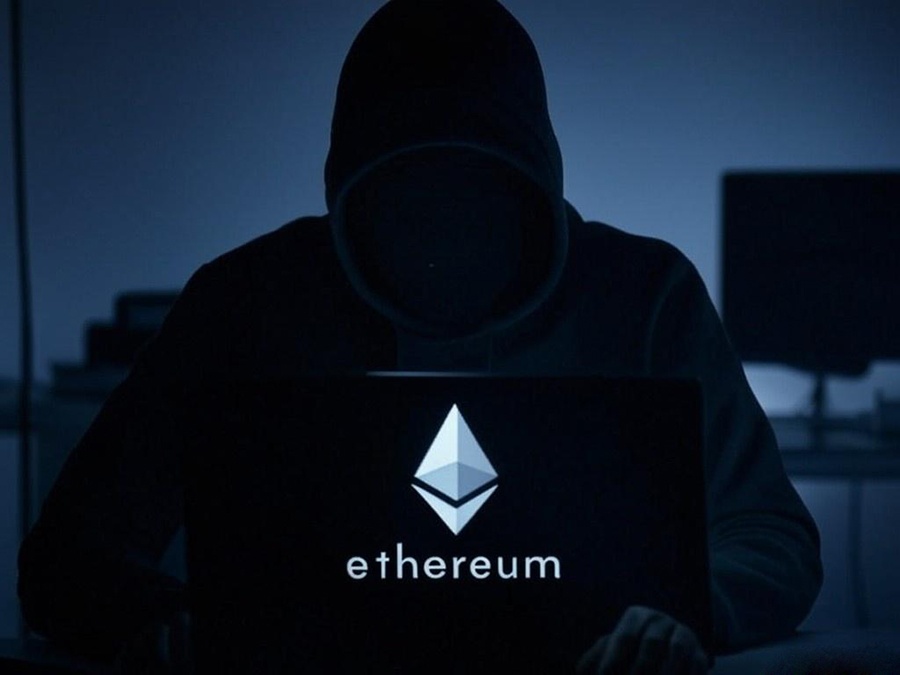
The Blockchain Bandit hacker transferred 51,000 ethers to a new multi-signature wallet after two years of inactivity: the funds were stolen by guessing weak private keys from 2016 to 2018 🔑

Tether increases bitcoin reserves by 7,629 BTC, reaching 82,983 BTC, and continues the strategy of allocating 15 percent of profits to bitcoin purchases, despite criticism of MiCA 📈

MoonPay has obtained a MiCA license to operate in the Netherlands 🇳🇱, which allows the company to provide fiat-to-crypto and crypto-to-fiat exchange services across Europe 🌍
MoonPay has obtained a MiCA license to operate in the Netherlands, which allows the company to provide fiat-to-crypto and crypto-to-fiat exchange services across Europe. The license was granted after the company met local regulatory requirements. MoonPay is already registered in several EU countries, including the UK and Ireland. The company is also actively developing partnerships with Ripple, BitPay, and Element Wallet, and is considering acquiring the Helio Pay platform.

An energy company in the Irkutsk region was fined 330,000 rubles for illegally renting land for cryptocurrency mining, which caused problems with the region’s power supply ⚡
In the Irkutsk region, an energy company was fined 330,000 rubles for illegally renting land for a cryptocurrency mining farm that was supposed to be used for public utilities. This case highlights the issue of illegal mining in Siberia, where cheap electricity and a cold climate attract crypto miners. The growing demand for energy resources is causing instability in the power grids, which forces authorities to introduce temporary bans on mining in some regions.

Vietnamese police thwarted a cryptocurrency scam worth $1.17 million, saving 300 potential victims and exposing the fake cryptocurrency QFS that promised unreal returns 🚨
Vietnamese police thwarted a cryptocurrency scam worth $1.17 million, saving 300 potential victims. The company Million Smiles deceived around 100 businesses and 400 people by offering a fictitious cryptocurrency QFS with promises of unreal returns and financial benefits, such as collateral-free and interest-free loans. The scammers planned to hold meetings with clients and collect money for investment. The police conducted a search, seized documents, and found that the QFS token had no legal recognition in Vietnam.

Hong Kong and Germany are considering adding Bitcoin to their strategic reserves, aiming not to fall behind the United States in the development of cryptocurrency assets to strengthen financial security 📊
Hong Kong and Germany have begun considering the creation of a strategic reserve of Bitcoin, following the example of the United States. In Hong Kong, it was proposed to add Bitcoin to the Exchange Fund, which is expected to strengthen the city’s financial security amid global changes in the cryptocurrency economy. Germany, in turn, has proposed that the European Central Bank and the Bundesbank consider Bitcoin as part of their reserves, in response to the progressive cryptocurrency policy of the new American government. Similar initiatives are being discussed in Russia in response to international sanctions.
Best news of the last 10 days

Crypto.com and Dubai Islamic Bank have signed a Memorandum of Understanding to create tokenized Islamic sukuks and sharia-compliant cryptocurrency solutions in the UAE and GCC 🚀

Elisa Rossi has filed a lawsuit against her ex-husband, Solana co-founder Steven Ekridge, accusing him of appropriating millions of dollars from her SOL tokens through staking after their divorce, without informing her about it ⚖️

The DeFi Education Fund has filed a lawsuit against the IRS over new tax rules for DeFi platforms requiring KYC and transaction data reporting for tax compliance ⚖️

The Securities Commission of Malaysia orders Bybit and its CEO Ben Zhou to cease operations and shut down platforms within 14 working days due to regulatory violations and risks to investors 🚫

Sberbank and two more banks have joined the pilot project of the digital ruble: 15 banks are participating in the testing, and starting from July 2025, all major banks must support the digital ruble 💰
Sberbank has joined the pilot project of the digital ruble, which now includes 15 banks, among them VTB, Alfa-Bank, and Gazprombank. The digital ruble, which has been tested since August 2023, will be available to users starting from July 2025. Banks are required to offer customers the ability to open accounts, top them up, and make transfers with digital rubles. Banks that are not ready for implementation will face penalties. The goal of the project is to ensure the free use of the digital ruble alongside cash and non-cash money.

Ahn Song-hyun, the husband of actress Son Yuri, was sentenced to 4.5 years for accepting a bribe of 50 million won for helping to list cryptocurrency on the Bithumb exchange, while Lee Sang-joon and Kang Jong-hyun also received their sentences ⚖️
Ahn Song-hyun, the husband of actress Son Yuri and a former professional golfer, was sentenced to 4.5 years in prison for accepting a bribe of 50 million won for assisting in the listing of cryptocurrency on the Bithumb exchange. He and the former head of Bithumb, Lee Sang-joon, received money and expensive gifts from businessman Kang Jong-hyun, who was attempting to launch cryptocurrency on the exchange. The court ruled that Ahn unlawfully kept the entire 50 million won but rejected the charges related to abuse of office. Lee Sang-joon was sentenced to 2 years in prison, and Kang Jong-hyun received a 1.5-year sentence.

The Squid token, inspired by the "Squid Game" series, lost 99.99 percent of its value after the developers vanished with $3.38 million, leaving investors unable to sell their tokens 💸
The Squid token, inspired by the "Squid Game" series, lost almost all of its value, turning out to be a scam. Within a few days, its price skyrocketed from 1 cent to $2856, but then collapsed by 99.99 percent. The developers vanished with $3.38 million, and buyers could not sell their tokens. Signs of the scam included errors on the official website and the inability to resell. This is a classic case of a "rug pull," where the creators of a cryptocurrency disappear with the investors' money, which is common in the world of cryptocurrency without proper regulation.

In 2025, the US government will not purchase Bitcoin, but it will continue to use its current stock of 183,850 BTC to create reserves and develop a new Bitcoin reserve policy 💰
In 2025, the US government will not purchase Bitcoin but will continue to use its existing 183,850 BTC to create reserves. Instead of purchases, the focus will shift to developing an extended policy on Bitcoin reserves. Additionally, in 2024, the Bitcoin Act bill may be passed in the US, allowing the government to purchase 200,000 BTC annually for five years to accumulate 1 million Bitcoins and hold them in the treasury for the long term.

